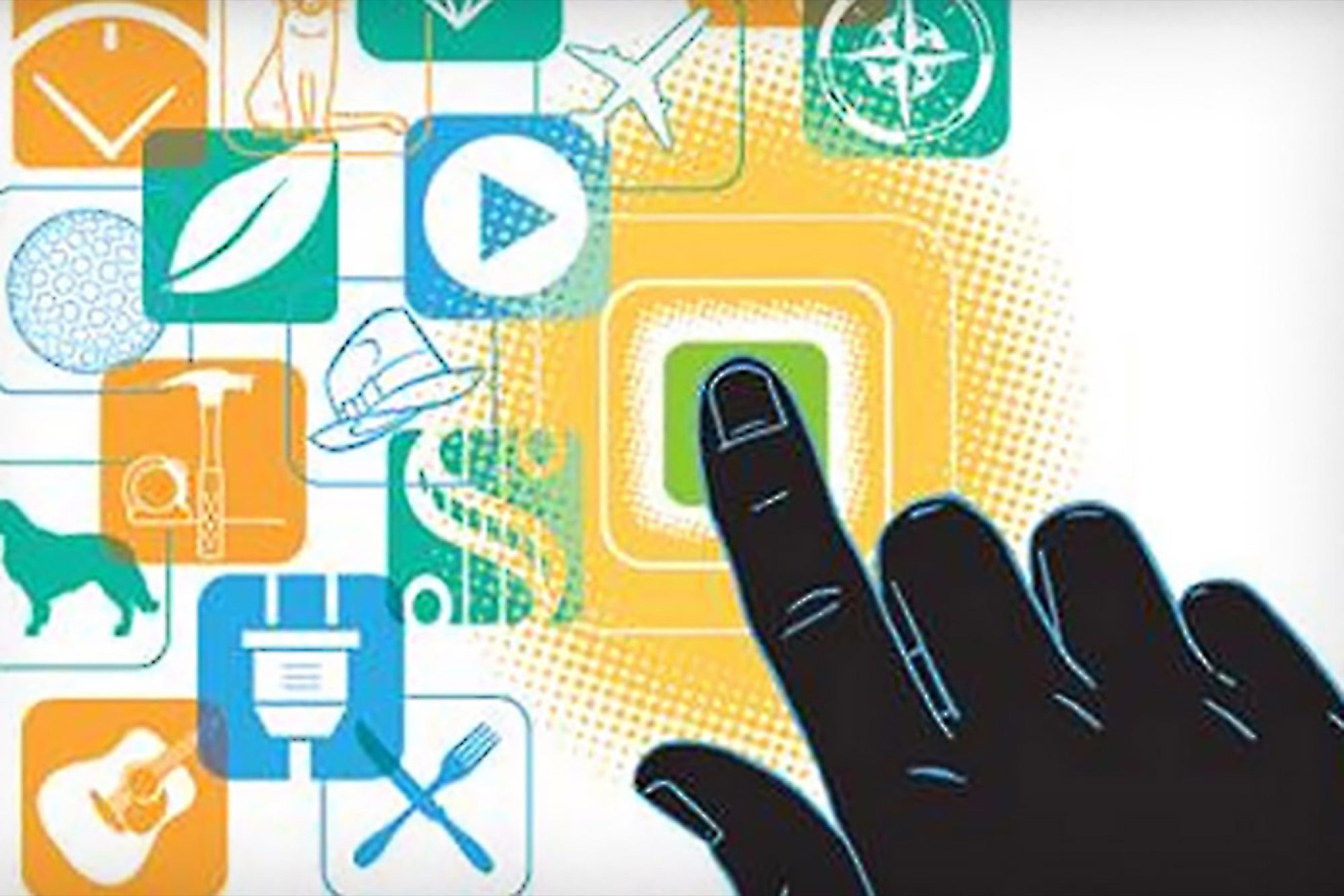A Beginner's Guide to Starting and Marketing an App First-timers in app development tend to ask the same questions over and over. Here are the answers.
By Rahul Varshneya Edited by Dan Bova
Opinions expressed by Entrepreneur contributors are their own.

If you're building a mobile app for the first time, you no doubt have many questions: Is it worthwhile? Does it make sense? How will people know about it?
I've helped build more than 100 apps in categories ranging from utility to social networking, so I field a lot of questions on the process from entrepreneurs. Here are the most common queries -- and the answers.
Related: How to Make an App When You Can't Code: a Step-by-Step Guide
I have many app ideas. Which one should I pursue?
Most successful entrepreneurs have built their business through multiple ideas, so don't limit yourself to a single app idea. Building an app is like aiming to release a hit single in the music industry: You generally never know which single will make it. Give each app four to six months after the launch, and if you don't see a growing user base by then, move to the next idea.
I have an app idea, but where do I start?
Start by putting your idea down on paper as clearly as possible. Look for prototyping tools on the Internet and create a detailed, screen-by-screen mock-up or wireframe of your app. Once you're clear about your requirements, seek out a company that can design and develop it for you.
How do I know whether the customer wants my app?
Get to market fast with a prototype. Don't wait to create a complete app with all the features. Build the app's core features, and see if the customer is ready to buy. If they do, you'll receive a lot of important feedback from your paying customers.
Should I build a mobile website or a native app?
There are close to a million apps each on iOS and Android app stores, and you're competing against the best for visibility and engagement. Mobile websites generally don't offer a unique user experience, nor do they add as much value to the customer, in my eyes. Apps are to mobile what websites are to desktop computers. Don't mix the two.
Should we build the app in-house or outsource?
Some of the most popular products today were outsourced in their initial days, including Alibaba, Fab.com, Digg and Skype. When creating the first iteration of your product, keep the costs low and go with an outsourced provider that understands your requirements best. Your first priority should be placing the product in the hands of consumers -- and fast. Once you see a real demand for your product and it begins to gain traction, then you can then take over the development and maintenance in-house.
How do I submit an app to the Apple App Store or Android Market?
Create developer accounts with Apple and Google by registering through their websites and paying the annual app store fees of $99 for Apple and $25 for Google. The process of uploading to the app stores should be taken care of by your developers.
Should I offer my application as free and then figure out how to make money later?
There's a one-in-a-million chance (maybe even less) that you could be the next Facebook or Twitter. The choice is yours. If you want to build a business, I believe it's important to have a clear monetization strategy from the get-go.
I've built my app. Now what?
Products don't sell themselves -- you need to go straight to the customer and make it easy for them to access the item. It's the same for an app. While app-store optimization can help you a great deal in your ability to be discovered, it is not enough to get significant traction for your app to make it a sustainable business. You need to market your app to get visibility.
How do I market my app?
The best form of publicity for your application, as for any business, is a third-party endorsement. Reviews from tech bloggers, press coverage and word of mouth are all great avenues, and it's important to sustain these if you begin to see traction. Also, pay keen attention to reviews posted by the users of your application, and work doubly hard to reverse any negative reviews.
Should I create a cross-platform app?
Cross-platform apps seldom offer rich experiences for users because they're often riddled with bugs, and it's difficult to offer consistent experience across platforms. There's a reason why there are different coding languages for different platforms, which have their own software development kits (SDKs).
How much does it cost to develop an app?
This question is akin to asking what it costs to buy a house or a car: The answer depends on many factors. Development costs can range anywhere between $3,000 to $100,000 or more depending on the app's complexity and overall features involved.
What if my app doesn't work?
Like many business ideas, many app ideas are non-starters. Successful people make terrible decisions all the time, but they also get right back up and try other pursuits with fresh learning from their failures. Move on to the next app idea if the current one doesn't get results.
If you have more questions about building an app or have an experience to share, post it in the comments below.











